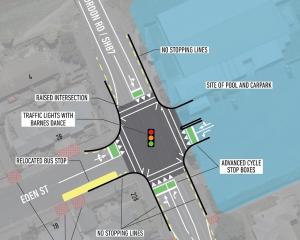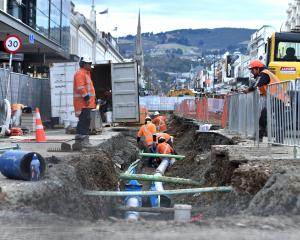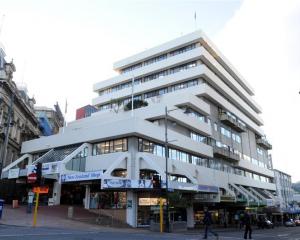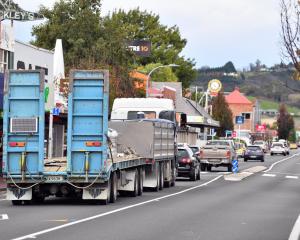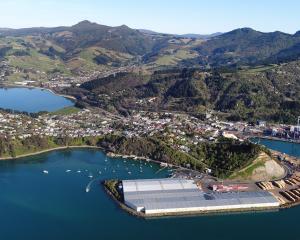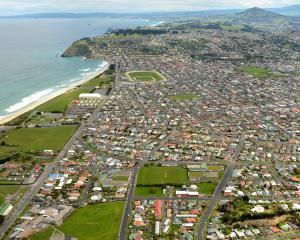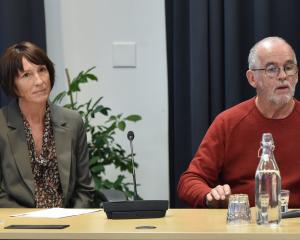Mayor Dave Cull confirmed he would seek a second term, something that possibly no-one doubted would occur. He will be challenged by one or more high-profile opponents making promises that one man or woman can never achieve without a united council.
Neil Collins, the longest-serving incumbent Dunedin city councillor, will not stand for re-election on October 12. Others appear to be contemplating their future at the council table. Around the region, the same decisions will be made as to whether or not to stand for election or re-election.
It may seem early to start thinking about local government elections. However, late last year an important step was taken in making councils and our elected representatives more accountable. The Local Government Act 2002 Amendment Bill is an important milestone in progressing major reform of New Zealand's local government sector. And it is now law. New Zealand's 78 local authorities make up 4% of GDP, spend $7.8 billion per year of public money and manage $120 billion of assets.
Local Government Minister David Carter says the legislation refocused the purpose of local government, introduced financial prudence requirements for local authorities, strengthened council governance provisions and streamlined council reorganisation procedures. The Bill's passage completed the first phase of the Government's Better Local Government reforms which would focus local authorities on operating more efficiently and effectively, by doing things only they could do. Mr Carter said the reforms would help the local government sector play its part in growing the New Zealand economy. A second Bill is proposed for this year.
Communities, businesses and households all stand to benefit from these changes if councillors have taken time to read the Better Local Government paper. Rates have increased by an average of 6.8% per year - more than double the rate of inflation - since the Local Government Act 2002 was passed into law. In the preceding decade, ending 2002, rates increased by an average 3.9% a year. If rates had increased at the same rate as the preceding decade, the average household would today be paying $500 per year less in rates and the economy as a whole $1 billion less.
In the Far North, councillors showed reluctance to enter the debate until the Bill was passed into law. But the district's local and territorial authorities are now talking about a community engagement model, involving an independently facilitated process, supported by internal staff resources, citizen's panels, surveys, an open door approach, worships and other forms of direct public involvement. The initial estimated cost runs between $60,000 and $100,000.
Ratepayers in Dunedin and Otago should be rightly aggrieved if councils here decided to spend yet more money trying to save money. The local government proportion of GDP, that had been stable at about 3%, grew consistently in the years following the 2002 changes to reach 4%. Analysis of direct salary costs shows significant increases after 2002. These rose from $844 million in 2002 to $1.61 billion in 2010, an increase of around 90% as compared to an increase of 8.7% in the preceding eight years.
An election year gives returning and aspiring councillors throughout the country the ideal time to consult with their communities, at no cost to ratepayers. With inflation likely to run at 2% and interest rates likely to remain low until at least December, it is imperative local body candidates realise ratepayers are not a bottomless bucket of cash. They must look at ways to cut costs, not services. Accountability to deliver on promises made during the election campaign does not stop on October 13. Reading a 15-page report on Better Local Government seems a good place to start.


